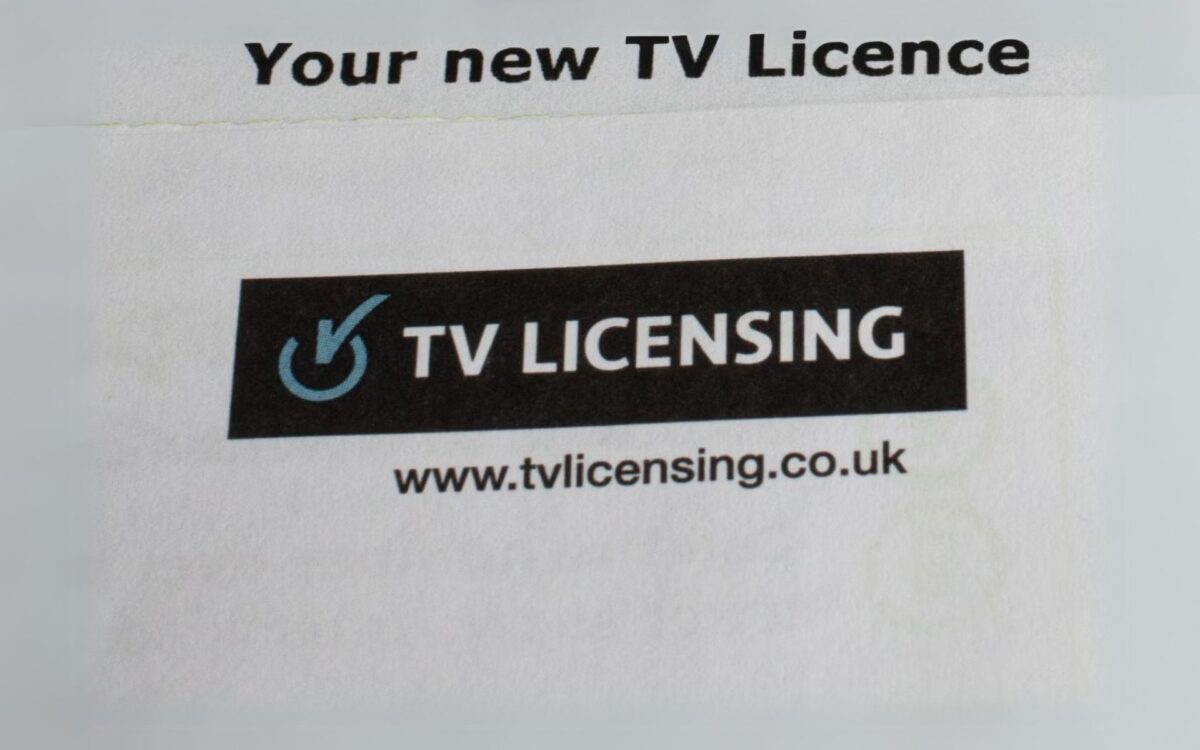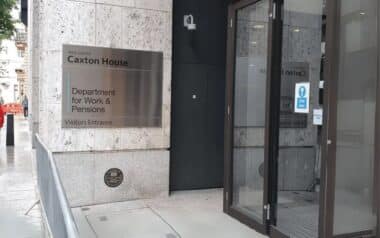More than a million UK households have seen a change in how they access BBC TV licences, following updates to eligibility rules and pricing. According to Birmingham Live and other sources, the shift comes alongside a confirmed increase in the annual licence fee, effective from 1 April 2025. While certain groups remain exempt, others will notice a small rise in cost.
The details of who qualifies and how the system works have prompted questions and clarifications. For many, what seems like a simple public service payment has become a more complex process influenced by policy and individual circumstance.
eligibility tied to pension credit benefits
The eligibility for a free TV licence is now restricted to those aged over 75 who are in receipt of Pension Credit, a means-tested benefit. This marks a significant reduction from the previous arrangement, where all individuals aged over 75 qualified for a free licence.
The number of eligible households has dropped from 4.5 million to approximately 1.5 million under the new rules.Households that no longer require a TV licence can officially notify TV Licensing by completing a ‘no licence needed’ declaration form online.
While there is no legal obligation to do so, the authority states that submitting the form may help reduce the number of reminder letters sent to the household.
Once the request is approved, the licence is cancelled and any applicable refunds are processed automatically. If the household pays by Direct Debit, there is no need to cancel it manually—TV Licensing will handle it directly.
timing affects renewal cost
Those renewing their licence on or before 31 March 2025 will still pay the current rate of £169.50. Renewals on or after 1 April will be charged the new higher rate of £174.50. A licence can only be renewed from the first day of the month in which it expires, which affects how the price change applies across households.
In addition to the increase in the colour TV licence, the cost of a black-and-white licence—still held by approximately 3,600 households—has risen by £1.50, bringing it to £58.50 per year. This rise aligns with broader government decisions on public service funding.
enforcement and checks still possible
TV Licensing retains the right to carry out verification visits to addresses where licences have been cancelled. These visits are not routine but may be triggered by events such as the purchase of new television equipment, or in scheduled intervals.
One reader on the Money Saving Expert forum described their experience:
I used the online form to cancel my licence (the refund arrived back in my bank promptly). I’ve never had a problem with harassment, just a quick letter when I purchased a new TV and another two years later which is what they say will happen.
The tightening of eligibility criteria has significantly reduced the number of pensioners receiving a free TV licence, even as the financial burden on paying households has marginally increased.
The situation continues to raise questions about the balance between public service funding and affordability for vulnerable populations, particularly those not qualifying for Pension Credit but still on low or fixed incomes.









